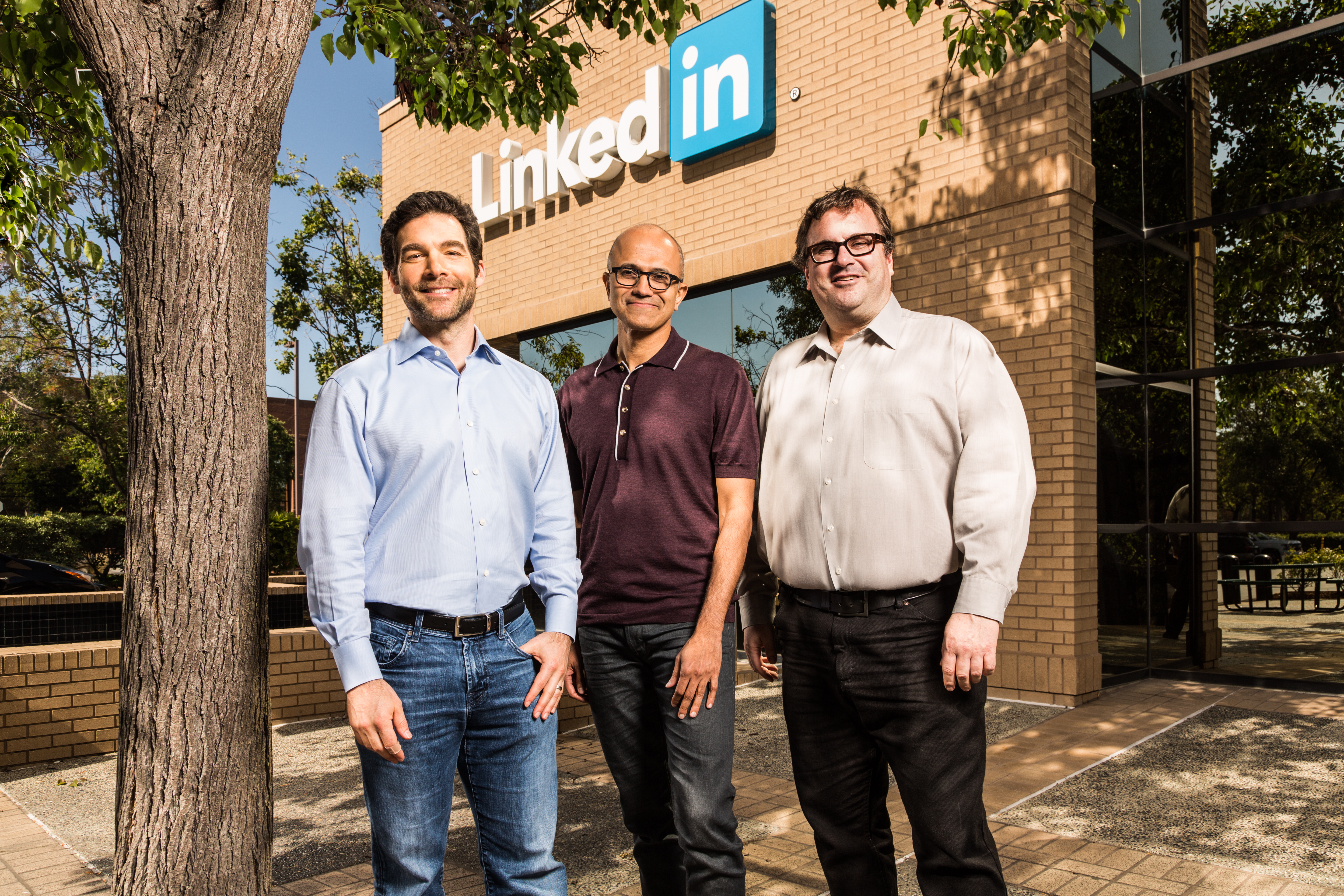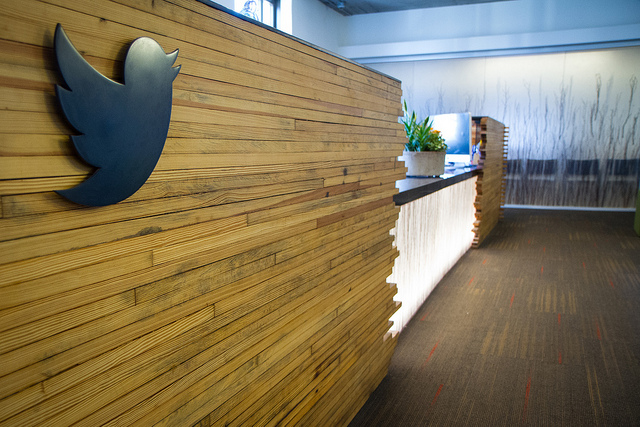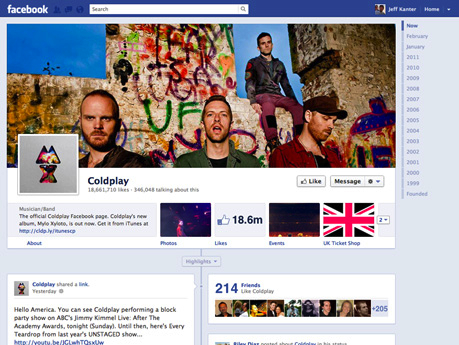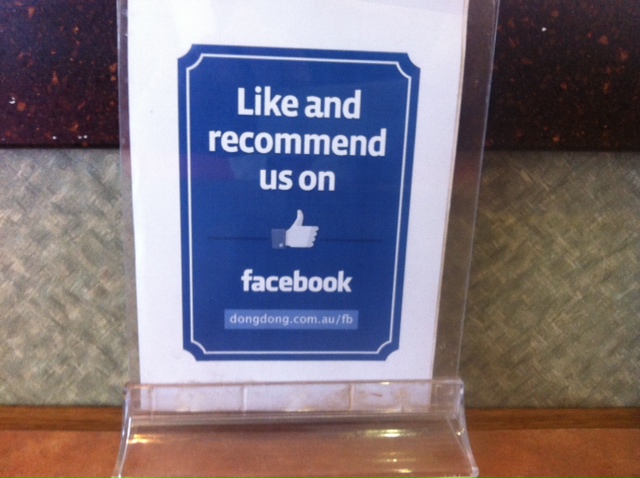“There’s a shared sense of alignment,” says LinkedIn CEO Jeff Weiner during his video with Microsoft’s Satya Nadella to announce Microsoft’s $26 billion dollar acquisition of LinkedIn.
Weiner has been trying to reinvent LinkedIn’s business model for three years and Microsoft’s acquisition is an admission of defeat with the company’s market capitalisation half of what it was a year ago and profits proving hard to find.
The fact revenues were slowing in the face of anemic returns is probably the reason why LinkedIn’s board was happy to accept Microsoft’s deal that’s 46% more than the social media site’s $17.5bn market capitalisation on Friday.
LinkedIn’s capitulation shows what a graveyard social media sites have been for investors. With the exception of Facebook, almost all have failed to deliver the profits or promise hoped for by those making big bets on the platforms.
Both LinkedIn’s and Twitter’s managements have been distracted by the search for revenue streams to justify their huge stockmarket valuations which in turn has alienated core users. LinkedIn’s surrender means Twitter’s acquisition is only a matter of time.
Microsoft now has to show how it is going to derive twenty-six billion dollars worth of value out of LinkedIn. The company’s track record of acquisitions is execrable as we’ve seen with Nokia, Yammer and Skype and there’s little to indicate this deal will fare any better.
Commentary that LinkedIn as a ‘cloud company’ will help Microsoft Azure against an already rampant AWS is downright silly, Nadella himself in a Bloomberg interview with LinkedIn’s Weiner was at pains to point out the networking service’s fit with the Dynamics product.
Plugging LinkedIn’s ‘social graph’ with Microsoft Dynamics might give the Nadella’s team better tools to compete with Salesforce in the CRM market, it seems a high price to pay and almost justifies Salesforce’s Marc Benioff rejecting Microsoft’s overtures last year.
LinkedIn’s capitulation marks the end of social media’s growth phase. Now, as Facebook becomes the platform that rules all, the others have to find their niches in a market dominated by one services. For Twitter the race is now on to find a buyer.




